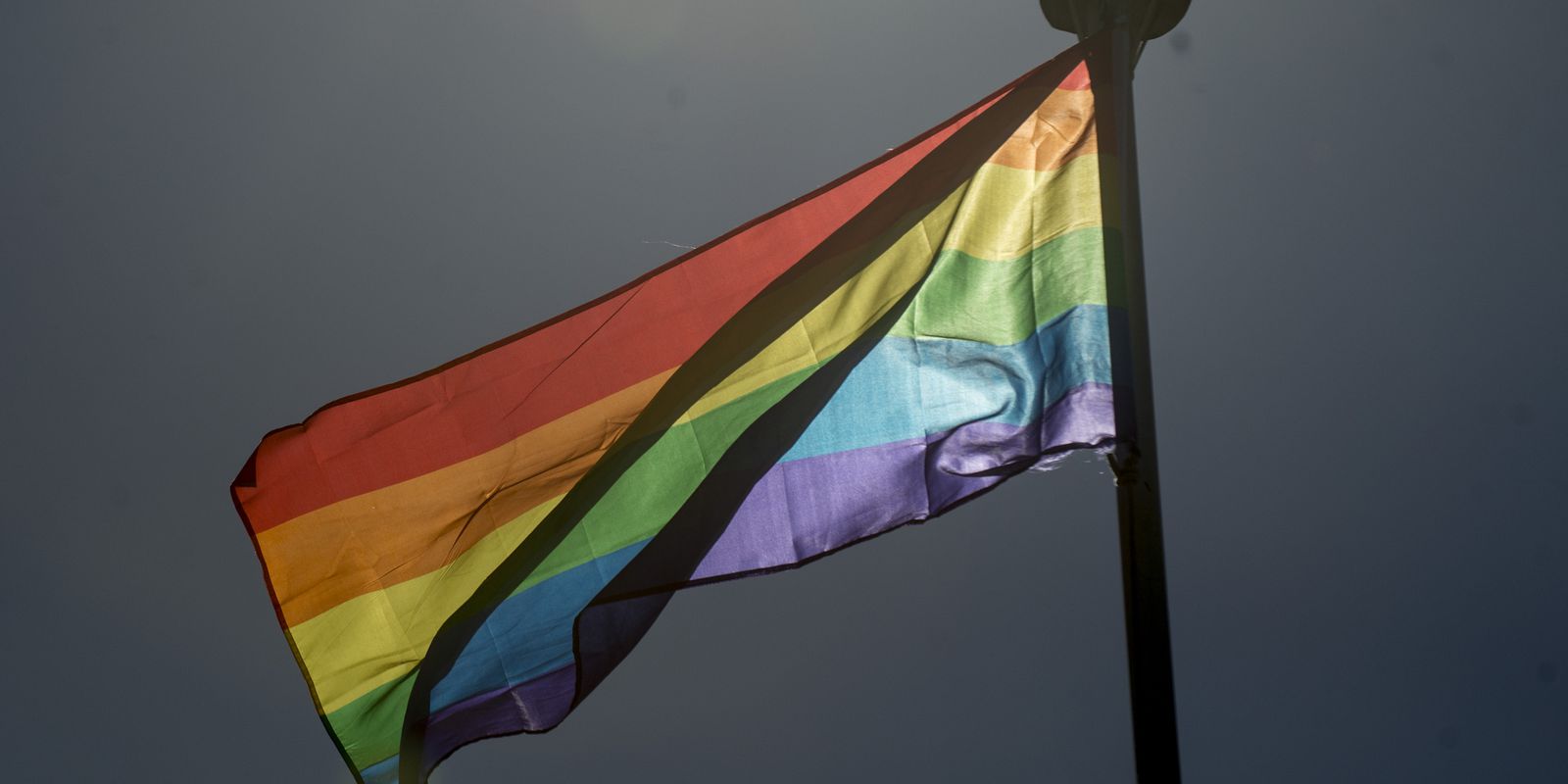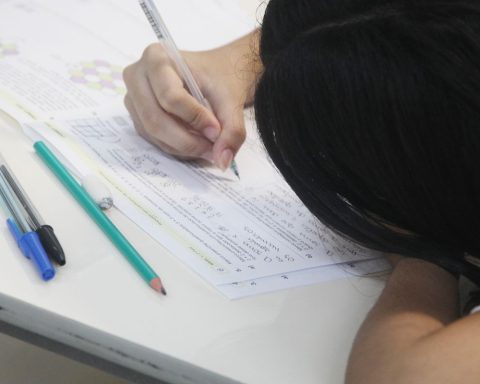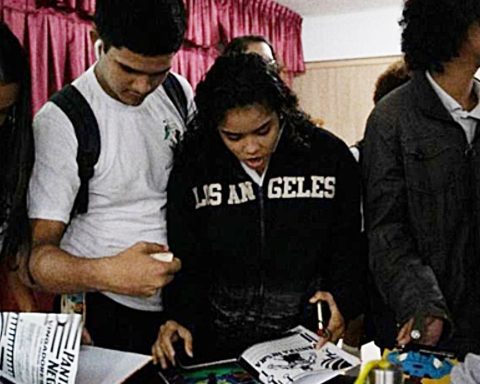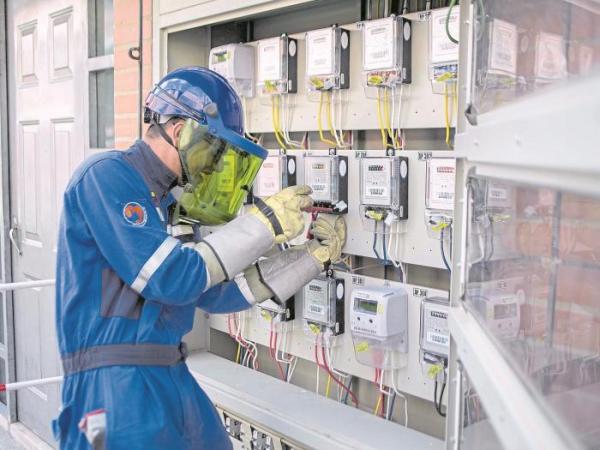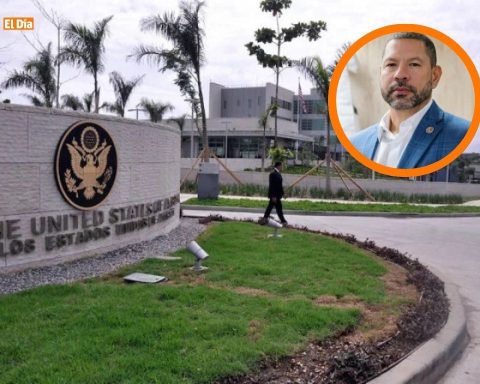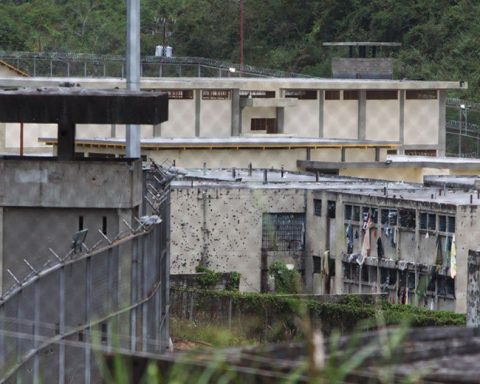Four years after being extinguished by the previous government, the Ministry of Human Rights and Citizenship created the National Council for the Rights of Lesbian, Gay, Bisexual, Transvestite, Transgender, Queer, Intersex, Asexual and Other Persons, the CNLGBTQIA+.
The measure is published in the Official Gazette of the Union and provides for the participation of representatives of 19 public bodies and 19 civil society organizations. All will work on a voluntary basis, without remuneration.
The president of the Maranhense Association of Transvestites and Transsexuals, Andressa Dutra, sees the creation of the council as important for monitoring and representing the community. “We are currently suffering attacks against the dignity of the LGBT population. You take our concerns, our desires, and how we want the state to look at us, and that public policies are implemented. only in importance, but in this power to respond to the LGBT community regarding our public policies”.
The decree that created the entity defines attributions such as collaborating in the elaboration of public policies for this community; propose ways to evaluate and monitor actions aimed at LGBTQIA+ people; monitor legislative proposals on the subject; promote studies, debates and research on the theme of rights and inclusion of LGBTQIA+ people; among others.
In addition to the LGBTQIA+ national council, representatives of other bodies and entities will also participate permanently, but without voting rights. The council must meet every three months, but other meetings may be convened on an extraordinary basis.
